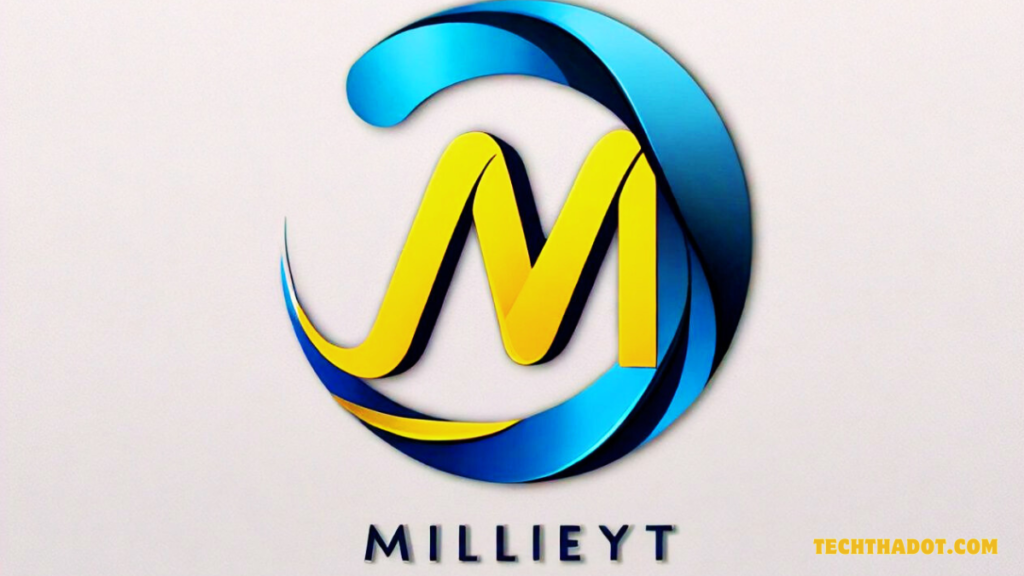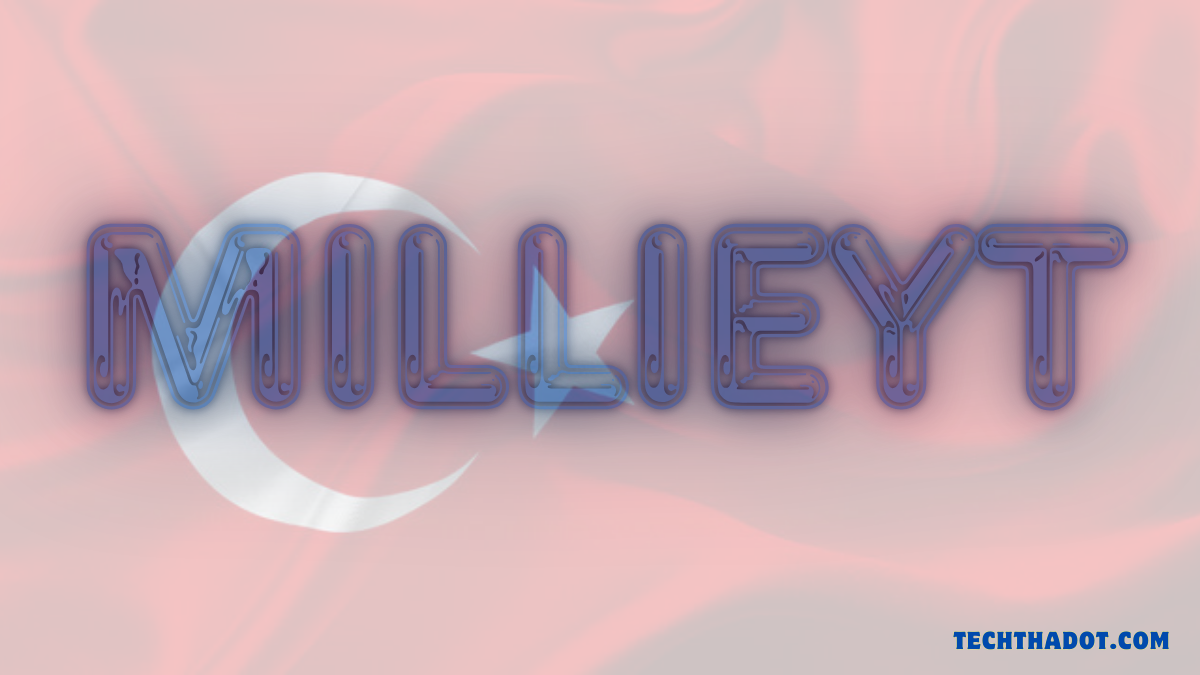1. Introduction
Mıllıeyt is a Turkish term that translates to “nationality” in English. It derives from the word “millî,” which means “national” or “related to a nation.” The term encapsulates the essence of belonging to a particular nation or state, encompassing the legal, cultural, and emotional connections individuals have with their country. Historically, “Mıllıeyt” has been used to define one’s identity about the broader concept of the nation-state, reflecting both a personal sense of belonging and a collective identity shared among citizens.
Cultural Significance
Nationality, or “Mıllıeyt,” holds profound cultural importance in Turkey. It is not merely a legal status but a deep-seated part of the Turkish identity. The concept is closely tied to the nation’s history, traditions, and social fabric. In Turkey, Nationality is celebrated through national holidays, cultural practices, and an emphasis on unity and patriotism. Discussions around Nationality often touch upon themes of loyalty, national pride, and the shared values that bind the Turkish people together.
2. Historical Context of Mıllıeyt
Ottoman Empire and Nationality
During the Ottoman Empire, the concept of nationality was complex and multifaceted. The empire was a vast, multi-ethnic entity, where loyalty was often more to the empire than to a specific nation. The idea of Mıllıeyt as we understand it today began to take shape during the late 19th and early 20th centuries, as nationalist movements gained momentum. The transition from a multi-ethnic empire to a nation-state in the early 20th century marked a significant shift, leading to the emergence of a more defined sense of Turkish nationality.
Republican Era Reforms
The establishment of the Republic of Turkey in 1923 brought about significant changes in the concept of nationality. Under the leadership of Mustafa Kemal Atatürk, the new republic introduced reforms that emphasized Turkish identity, language, and culture. These reforms played a crucial role in shaping the modern understanding. Nationality became a cornerstone of the republic’s identity, with citizenship laws and educational policies reinforcing the idea of a unified Turkish nation.
3. Legal Aspects of Mıllıeyt
Citizenship Laws in Turkey
Turkish citizenship laws provide the legal framework for defining nationality. The laws outline the criteria for acquiring and maintaining Turkish citizenship, which include birthright, descent, and naturalization. Nationality is a key element in legal documents and national identification, serving as the basis for rights and responsibilities within the state. Turkish citizenship laws have evolved, reflecting changes in the nation’s demographic and political landscape.
Dual Nationality
Turkey recognizes dual nationality, allowing citizens to hold multiple nationalities simultaneously. However, this comes with its own set of challenges and opportunities. For many Turks living abroad, dual nationality offers a way to maintain ties with their homeland while integrating into a new country. On the other hand, it raises questions about loyalty and the complexities of navigating dual allegiances, especially in legal and diplomatic contexts.

4. Mıllıeyt in Turkish Society
Identity and Belonging
Nationality plays a pivotal role in shaping both personal and collective identity in Turkey. For many, nationality is intertwined with a sense of belonging to a community that shares common values, history, and traditions. This collective identity fosters social cohesion, contributing to a strong sense of national unity. In daily life, Nationality influences everything from social interactions to the way people perceive their place in the world.
National Pride and Patriotism
Expressions of national pride are deeply ingrained in Turkish society. From the display of the national flag to the commemoration of national holidays like Republic Day, Nationality is celebrated as a source of pride and strength. Cultural symbols, such as the iconic Turkish crescent and star, and practices, like singing the national anthem, reinforce the shared identity and collective memory of the Turkish people.
5. Mıllıeyt and Globalization
Challenges to National Identity
Globalization presents both opportunities and challenges to the concept of nationality in Turkey. The influx of global culture, migration, and the rise of digital communication have led to a more interconnected world, but they also pose threats to the preservation of national identity. For Turkey, balancing the influences of globalization with the need to maintain a distinct national identity has become increasingly complex, especially in urban areas where multiculturalism is more pronounced.
Preserving National Identity
Efforts to preserve and promote Turkish nationality in a globalized world are ongoing. The Turkish government, educational institutions, and media play key roles in reinforcing the values associated with Nationality. Initiatives such as language preservation programs, cultural festivals, and educational curricula focused on Turkish history and values are aimed at ensuring that future generations maintain a strong sense of national identity.
6. Contemporary Issues Surrounding Mıllıeyt
Debates on Nationality and Ethnicity
In contemporary Turkey, debates surrounding nationality and ethnicity are increasingly prominent. The country’s diverse population includes multiple ethnic groups, and the relationship between nationality and ethnicity is often complex. These debates touch on issues of inclusion, representation, and the definition of what it means to be “Turkish” in a multi-ethnic society. As Turkey navigates its path forward, these discussions are likely to shape the future of Nationality.
Future of Nationality
Looking ahead, the concept of Nationality in Turkey may continue to evolve in response to political, social, and global changes. The increasing importance of human rights, democratic values, and international relations could influence how nationality is understood and practiced. The ongoing dialogue about Turkish identity and its place in a rapidly changing world will likely play a crucial role in determining the future of Nationality.

7. Conclusion
Summary of Key Points
Mıllıeyt, or nationality, is a foundational concept in Turkish society, deeply rooted in the nation’s history, legal framework, and cultural identity. It has evolved from the Ottoman Empire’s multi-ethnic structure to a modern, unified sense of Turkish identity, shaped by legal reforms and societal changes.
The Enduring Significance of Mıllıeyt
As Turkey continues to navigate the challenges of globalization and diversity, the concept of Nationality remains a vital element of the national identity. It serves as a unifying force, fostering a sense of belonging and pride among the Turkish people. The future of Nationality will be shaped by ongoing debates and the ability to balance tradition with modernity, ensuring that nationality remains a key aspect of Turkish life.
Frequently Asked Questions (FAQs)
1. What is the significance of Nationality in modern Turkish society?
Mıllıeyt, meaning nationality, is central to Turkish identity, shaping the sense of belonging, pride, and unity among the Turkish people. It plays a crucial role in legal, cultural, and social aspects of life, reflecting the nation’s values and history.
2. How has the concept of Mıllıeyt evolved from the Ottoman Empire to the present day?
The concept of Nationality evolved from a multi-ethnic understanding in the Ottoman Empire to a more unified national identity with the establishment of the Republic of Turkey in 1923. This shift was marked by significant reforms that emphasized the Turkish language, culture, and citizenship laws.
3. What challenges does Turkish nationality face in the context of globalization?
Globalization presents challenges to maintaining a distinct Turkish national identity, including the influence of global culture, migration, and multiculturalism. Efforts to preserve Nationality include government initiatives, educational programs, and cultural preservation efforts to ensure that national identity remains strong in a globalized world.
